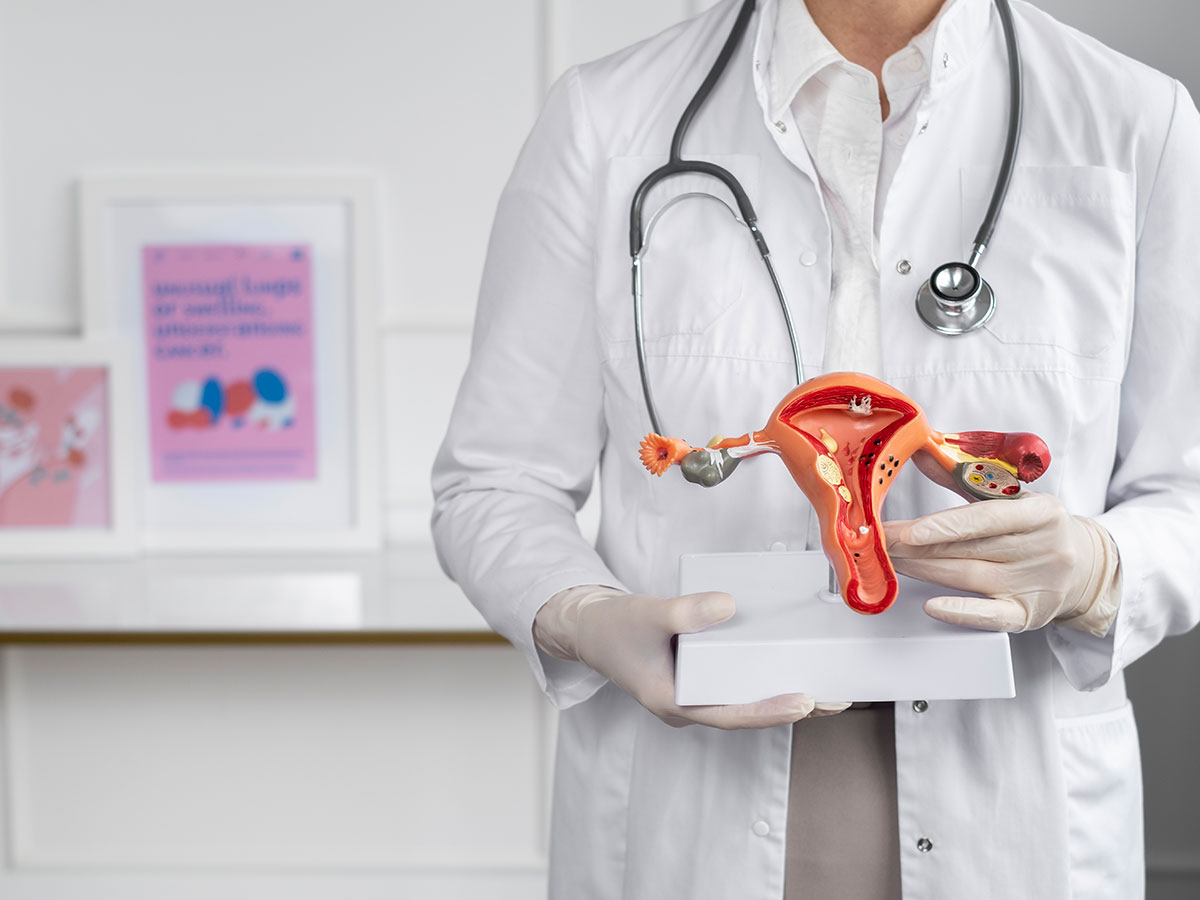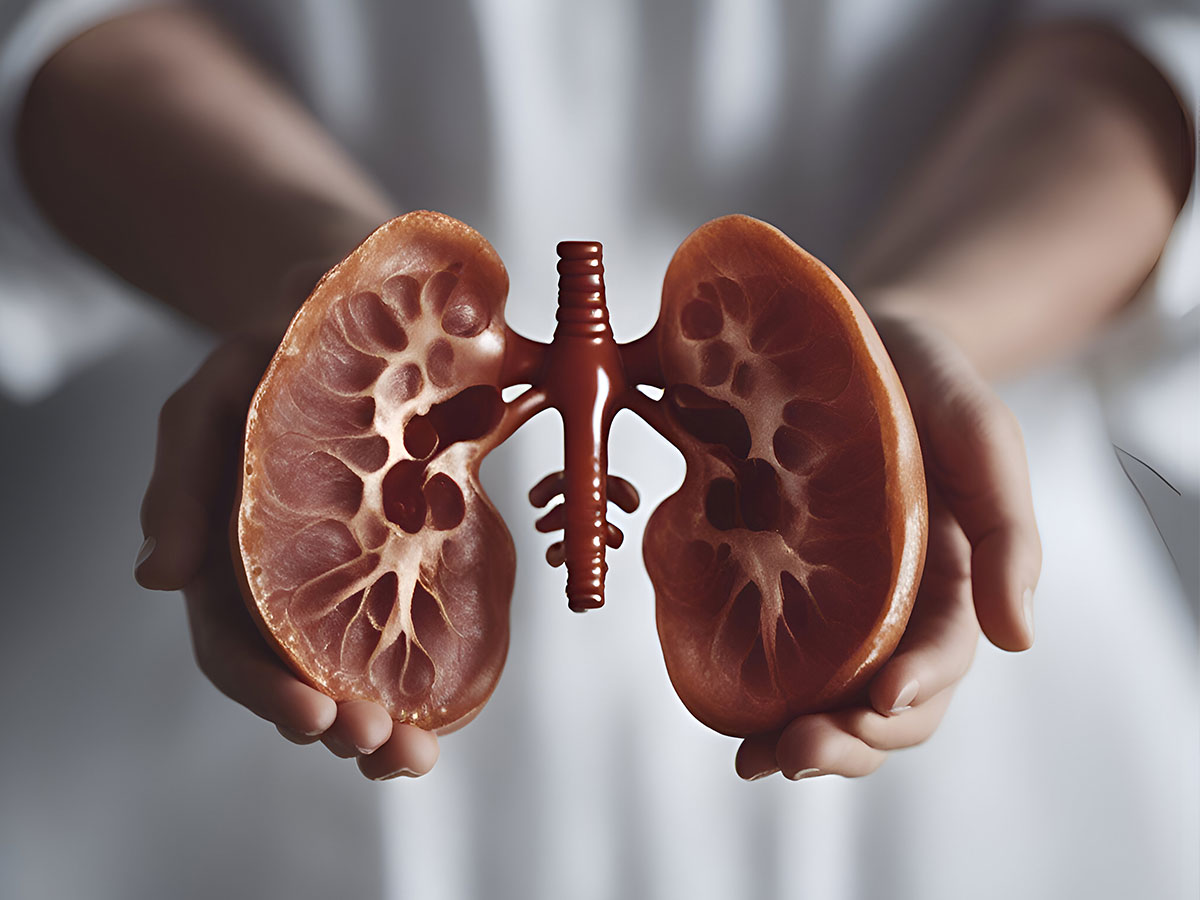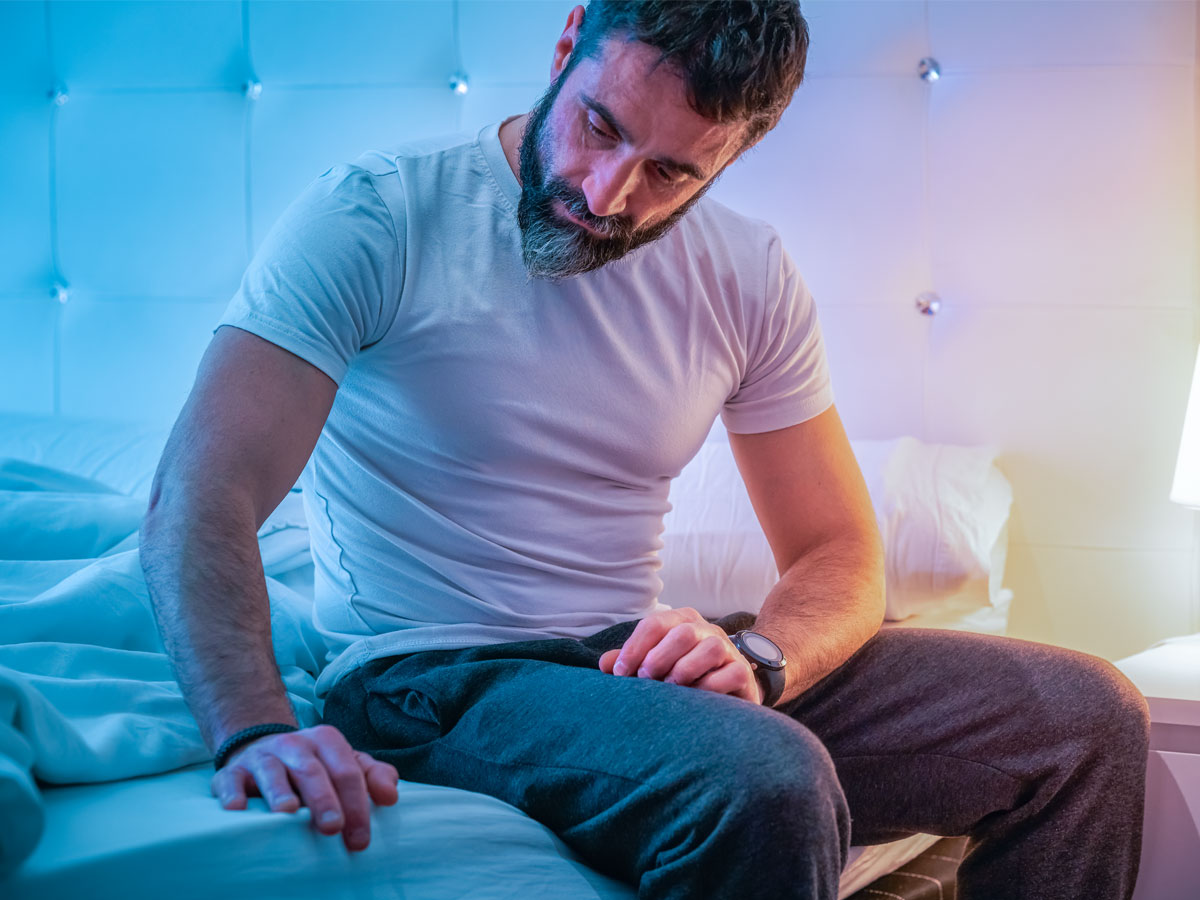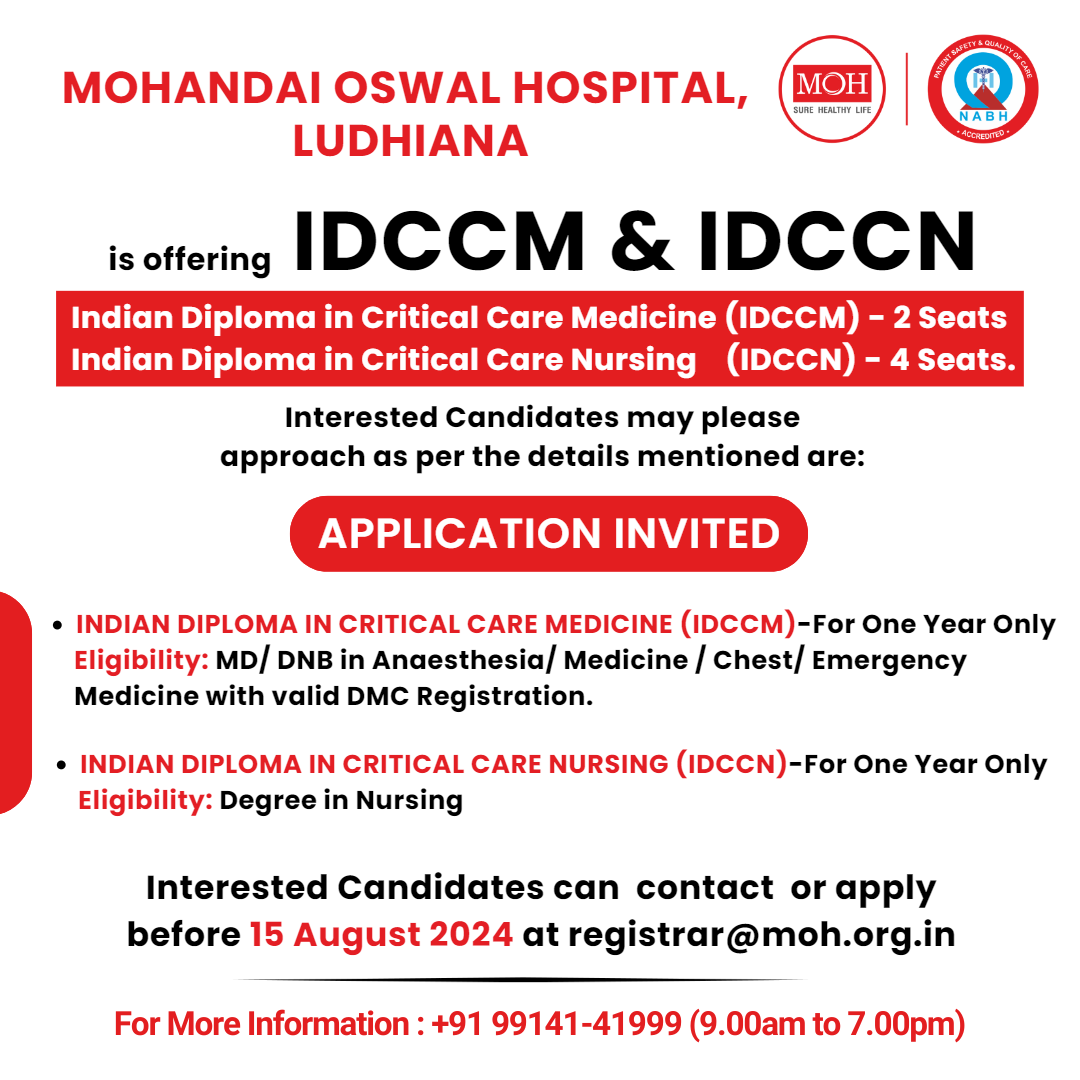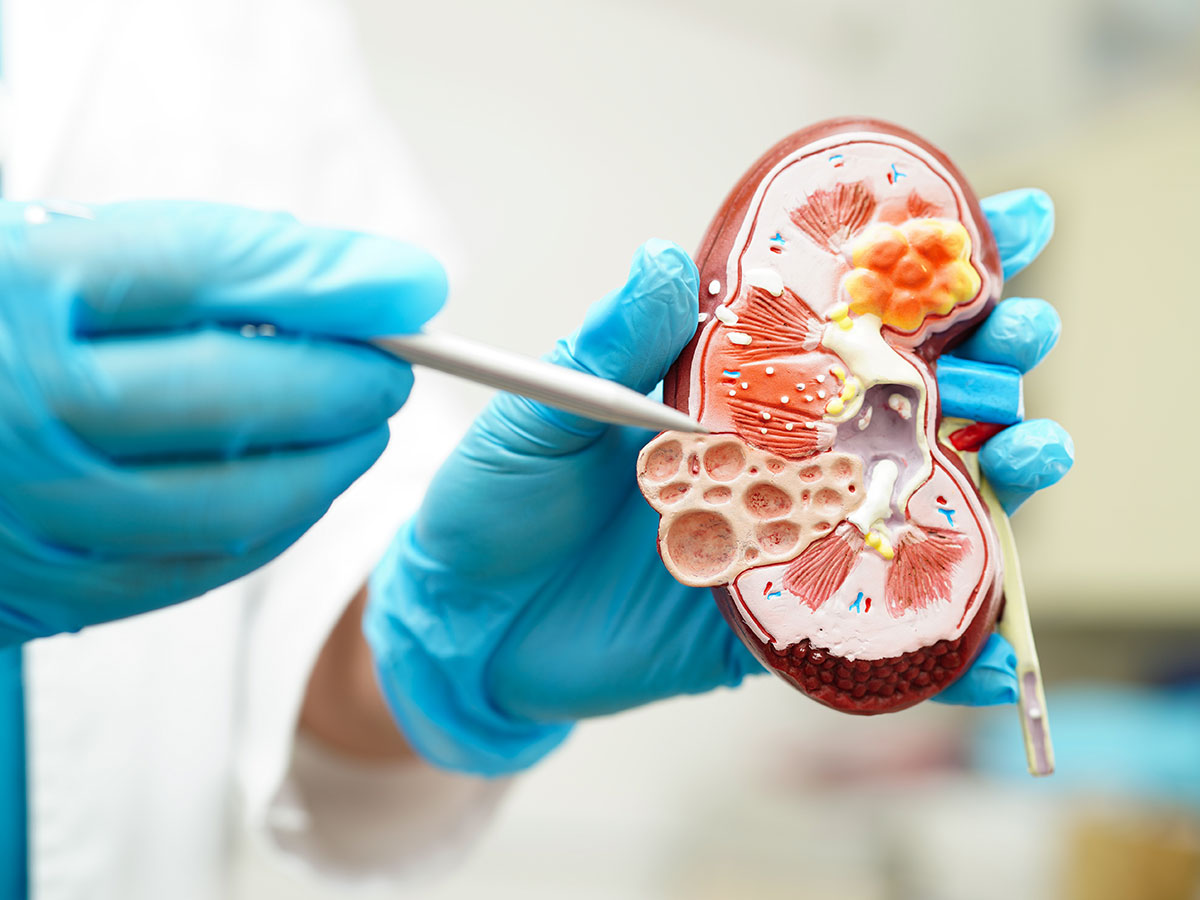
Kidney stones can be an excruciating health issue, often described by patients as one of the most painful medical conditions. Characterized by sharp pain in the back, side, or lower abdomen, nausea, blood in the urine, and frequent urination, kidney stones affect millions each year. Fortunately, with medical advancements, a range of effective treatments is now available to ensure stone-free relief.
This article explores the 4 methods for kidney stone removal widely practiced today and how Mohandai Oswal Hospital in Ludhiana can help you regain your health with cutting-edge technologies and expert care.
Understanding Kidney Stones
Before diving into removal techniques, it's important to understand what kidney stones are. Kidney stones are hard mineral and salt deposits that form in the kidneys due to factors like dehydration, high salt or protein diets, obesity, or genetic predisposition. They vary in size and type, including:
- Calcium stones (most common)
- Uric acid stones
- Struvite stones
- Cystine stones
Not all kidney stones require surgical intervention. Some pass naturally with increased fluid intake, but others need professional medical assistance—especially if they're too large, cause infections, or block urine flow.
Signs You May Need Kidney Stone Removal
While some kidney stones can pass on their own, you should consider seeking medical help if you experience:
- Intense, sharp, or persistent pain
- Blood in the urine
- Vomiting or nausea
- Difficulty passing urine
- Signs of infection (fever, chills)
In such cases, intervention becomes necessary to avoid complications and permanent kidney damage.
Methods for Kidney Stone Removal
Thanks to medical innovation, doctors now have multiple tools to effectively remove kidney stones. The most appropriate treatment depends on factors like stone size, location, composition, and your overall health. Here are the 4 primary methods for kidney stone removal:
1. Extracorporeal Shock Wave Lithotripsy (ESWL)
What It Is:
ESWL is a non-invasive treatment that uses shock waves to break kidney stones into smaller fragments, allowing them to pass naturally through the urinary tract.
Ideal For:
- Stones less than 2 cm in size
- Located in the kidney or upper ureter
Procedure Highlights:
- Conducted under sedation or light anesthesia
- High-energy shock waves targeted at the stone via imaging guidance
- The broken fragments are passed naturally over several days
Benefits:
- Non-surgical and outpatient
- Quick recovery
- Minimal discomfort
Limitations:
- Not suitable for large or hard stones
- Multiple sessions may be needed
- Possible minor bruising or bleeding
Why Choose ESWL at Mohandai Oswal Hospital:
Mohandai Oswal Hospital in Ludhiana can help you access the most advanced ESWL technologies, ensuring precision and patient comfort with a highly trained urology team.
2. Ureteroscopy (URS)
What It Is:
Ureteroscopy involves inserting a thin, flexible scope (ureteroscope) through the urethra and bladder into the ureter to directly visualize and remove or break stones.
Ideal For:
- Stones located in the ureter or kidney
- Moderate-sized stones (up to 2 cm)
Procedure Highlights:
- General anesthesia is typically used
- A laser (usually Holmium laser) breaks the stone into small pieces
- Fragments are either removed or left to pass naturally
Benefits:
- No incisions
- High success rate
- Immediate stone removal
Limitations:
- May require a temporary stent to keep the ureter open
- Mild discomfort post-surgery
Advanced URS at Mohandai Oswal Hospital:
With cutting-edge endoscopic equipment and skilled urologists, Mohandai Oswal Hospital in Ludhiana can help you achieve stone-free relief using minimally invasive ureteroscopy.
3. Percutaneous Nephrolithotomy (PCNL)
What It Is:
PCNL is a minimally invasive surgical method to remove large or complex kidney stones directly through a small incision in the back.
Ideal For:
- Stones larger than 2 cm
- Staghorn calculi or multiple kidney stones
- Failed previous treatments
Procedure Highlights:
- Performed under general anesthesia
- A nephroscope is inserted through a 1 cm incision
- Stones are broken using ultrasound, laser, or pneumatic energy
- Fragments are suctioned out
Benefits:
- Highly effective for large stones
- High stone clearance in a single session
Limitations:
- Invasive compared to ESWL or URS
- Requires hospitalization (usually 1–2 days)
Expert PCNL at Mohandai Oswal Hospital:
Mohandai Oswal Hospital in Ludhiana can help you safely undergo PCNL with enhanced imaging support, infection control, and expert post-op care, ensuring optimal recovery.
4. Laparoscopic or Open Surgery (Rare Cases)
What It Is:
In rare cases, when other techniques fail or are unsuitable, laparoscopic or open surgery may be needed to directly extract the stone from the kidney or ureter.
Ideal For:
- Very large or impacted stones
- Anatomical abnormalities
- Failed previous procedures
Procedure Highlights:
- Laparoscopic surgery uses small incisions and cameras
- Open surgery uses a larger incision to access the kidney
Benefits:
- Complete removal of complex stones
- Correction of associated structural issues
Limitations:
- Longer recovery time
- Risk of complications such as bleeding or infection
Specialized Surgical Expertise at Mohandai Oswal Hospital:
Backed by a full-fledged surgical team and advanced OT infrastructure, Mohandai Oswal Hospital in Ludhiana can help you navigate complex kidney stone cases with personalized surgical care.
Choosing the Right Treatment: What Factors Matter?
Selecting the most appropriate treatment depends on a comprehensive evaluation. The urologists at Mohandai Oswal Hospital in Ludhiana consider the following:
- Size and location of the stone
- Stone composition (calcium, uric acid, etc.)
- Severity of symptoms
- Urinary tract anatomy
- Your medical history and kidney function
With the use of CT scans, X-rays, and ultrasound, accurate diagnostics help guide the most effective and least invasive treatment plan.
Prevention Is Better Than Cure
Once kidney stones are removed, preventing recurrence becomes crucial. Some prevention strategies include:
- Stay well hydrated – Aim for at least 2.5 to 3 liters of water per day
- Limit salt and animal protein intake
- Avoid foods high in oxalates (spinach, beets, nuts)
- Take prescribed medications or supplements if advised
- Regular check-ups if you have a history of stones
Mohandai Oswal Hospital in Ludhiana can help you develop a customized kidney stone prevention plan with dieticians and nephrologists.
Why Choose Mohandai Oswal Hospital for Kidney Stone Removal?
When it comes to kidney health, you need a trusted and technologically advanced healthcare partner. Mohandai Oswal Hospital in Ludhiana can help you with:
- Experienced Urologists and Nephrologists: Specialists with years of expertise in kidney stone management.
- State-of-the-art Equipment: From ESWL to laser-assisted URS and PCNL.
- Comprehensive Diagnostics: Modern imaging systems for accurate stone detection and tracking.
- Patient-Centric Care: Personalized treatment plans and postoperative support.
- Affordable Packages: Transparent pricing and insurance facilitation.
Whether you need non-invasive shock wave therapy or advanced surgical care, their multi-disciplinary approach ensures that you receive the best outcomes in a supportive environment.
Final Thoughts
Kidney stones may be painful, but you don’t have to suffer endlessly. Today’s medical advancements offer safe, effective, and minimally invasive solutions. Whether you're dealing with a small stone or a large, complex one, you have options—and guidance from expert urologists can make all the difference.
If you’re seeking professional, compassionate, and advanced care in Punjab, Mohandai Oswal Hospital in Ludhiana can help you navigate your journey to becoming stone-free.




